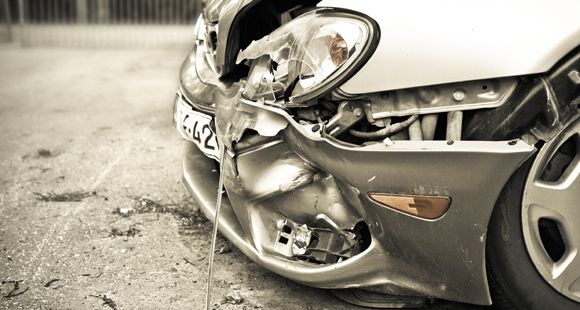Even if decedent already recovered damages during her life.
When a person is injured by the misconduct of another, the law provides a remedy in the form of a personal injury lawsuit. For example, if driver A negligently drives her vehicle and hits B while he is walking on the sidewalk, B can recover from A for his injuries. Specifically, B can likely recover for his lost wages if he misses work, medical expenses, and other personal economic consequences of the injury. B may also recover for his non-economic damages, such as his pain and suffering. If B dies while his personal injury lawsuit is still pending, his estate is allowed to purse the claim on his behalf. Any proceeds recovered from the lawsuit go to B’s estate and will be distributed along with the rest of B’s assets. All of these remedies are designed to compensate B for the injuries he suffered as a result of A’s negligence.
However, in the event B died as a result of A’s negligence, the law allows an additional option for the family of B. Not only is B’s estate allowed to step into the shoes of B and pursue B’s personal injury claims against A, the family members can recover for their own injuries resulting from the loss of B. For example, if a working parent dies, her family may recover for loss of income and loss of parental guidance. This is known as a wrongful death action. In order for an estate to recover for wrongful death, it generally has to show: (1) The death of a person (called a “decedent”); (2) The death was caused by another's misconduct; (3) The existence of family members who are injured as a result of the death of the decedent; and (4) A personal representative has been appointed for the decedent's estate.
A well-known example of a wrongful death action involves O.J. Simpson and his wife Nicole Brown Simpson. In 1994, a jury determined O.J. was not guilty of murder, because his guilt was not established beyond a reasonable doubt, which is the standard in a criminal case. This did not stop the victim’s family from bringing a wrongful death action against O.J., however. In 1997, O.J. was found liable for wrongful death, due to the lower burden of proof in civil cases, and had a judgment entered against him for millions of dollars in favor of Nicole’s family for their loss.
An important question in the wrongful death context is whether a decedent's estate may bring an action for wrongful death even when the decedent prevailed in a related personal injury suit during her lifetime. Suppose, as before, driver A negligently drives her vehicle and hits B while he is walking on the sidewalk and B successfully sues A for his damages. But, because of his injuries, B dies shortly after he wins his lawsuit against A. Can B’s estate still recover for wrongful death against A, even though B already recovered against her for his injuries? This was the question the Utah Supreme Court answered in Riggs v. Georgia-Pacific LLC, 2015 UT 17, 2015 WL 404617.
In 2007, Vickie Warren discovered she had a rare form of cancer often linked to asbestos exposure. Later that year, Ms. Warren filed a personal injury lawsuit against a manufacturer for her asbestos exposure in various locations, including the school where she worked, the apartment units her brothers built on the family's property, and the house where she lived with her father. The personal injury lawsuit went to trial, and on May 12, 2010, a jury found Ms. Warren was entitled to $5,256,818.61 in damages. Tragically, Ms. Warren died on May 25, 2010, just thirteen days after receiving the verdict in her personal injury lawsuit, and the monies went to her estate. In 2012, a wrongful death suit was brought on behalf of Ms. Warren's children, Amanda Riggs and Benjamin Warren. The manufacturer moved to dismiss the wrongful death claim on the grounds that Ms. Warren's personal injury trial and judgment precluded a wrongful death action.
The Utah Supreme Court explained that lawsuits for personal injury and lawsuits for wrongful death are entirely different and compensate different types of loss. A wrongful death action compensates an estate’s heirs for losses that stem from losing the deceased person. This type of loss is often not economic in nature, meaning the loss of society, love, companionship, protection, and affection. Conversely, a personal injury action compensates the injured person for losses stemming from her injury. This type of loss will generally include lost wages, medical expenses and other direct consequences of an injury. The court concluded that wrongful death is an independent claim that accrues for the specific benefit of the heirs; therefore, a wrongful death action is not barred by decedent's prior personal injury suit.

